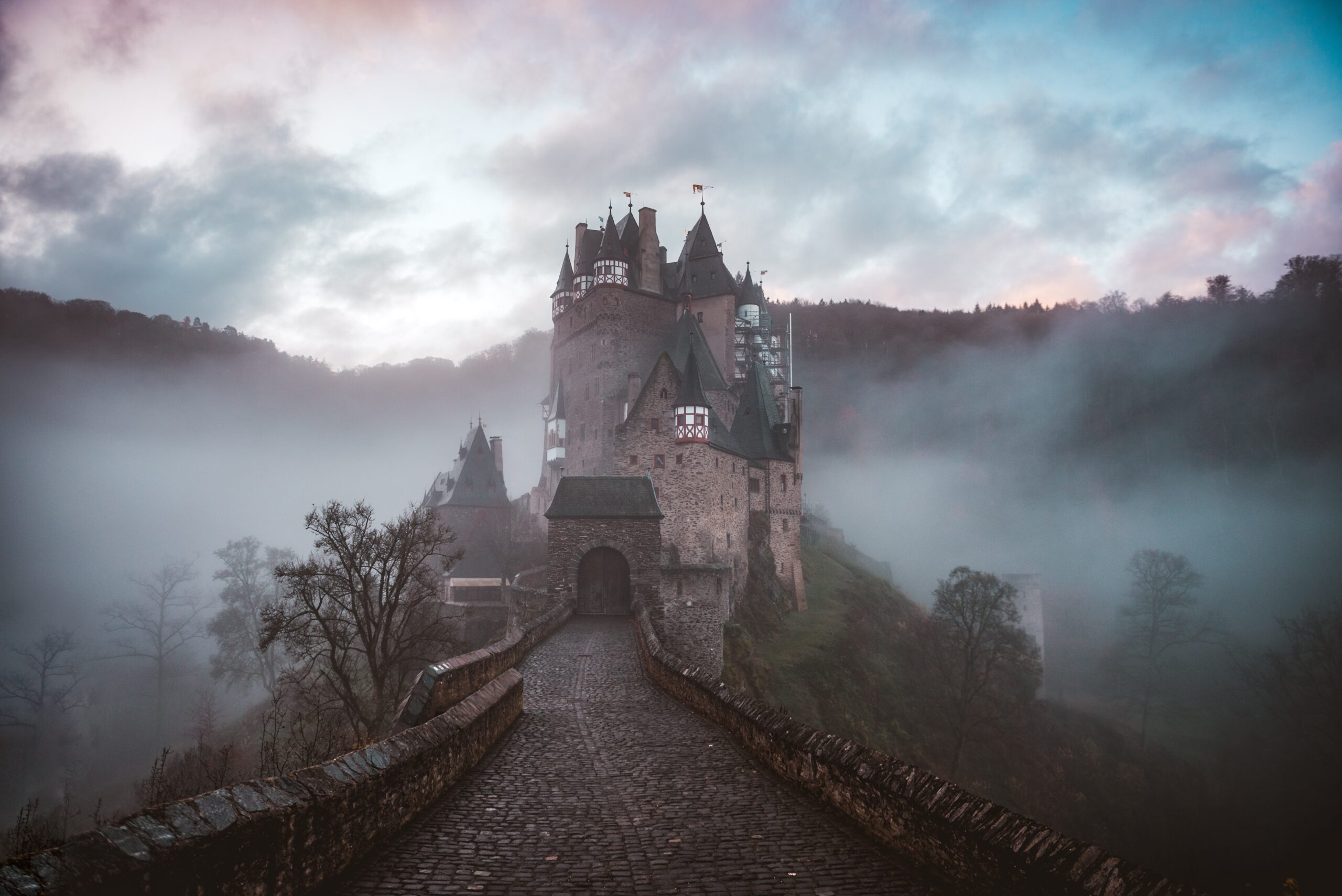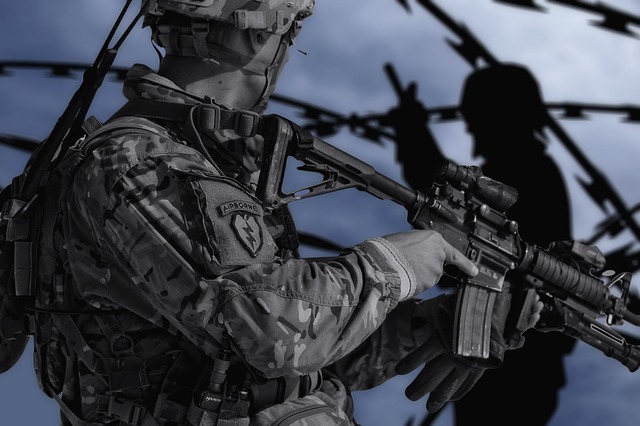Of the many characters played by the nonpareil Humphrey Bogart, that of In a Lonely Place, Dixon Steele, most hints at the hard-bitten malevolence underlying his shtick as the “tough guy” of the movies, just as it suggests the nature of the man himself and his own tendencies. Humphrey Bogart plays a burned-out screenwriter manqué, Dixon Steele, who tends toward violent outbursts that are as innate and character-driven as they are products of his screenwriter’s…
-
-
Taken to the Montluc prison in Lyon, France, a former member of the French Resistance is sentenced to death after a protracted imprisonment. He has hatched plans of escape, and a fellow prisoner by the name of Orsini has tried—and failed—to escape using his own plans. The countdown to his execution, after stalling for many months, makes every succeeding day a trial of uncertainty and fear; in the meantime, this prisoner whittles away at his…
-
Inaugurating the late period of his creative production, Late Spring bears those hallmarks that were to acquire worldwide renown, the signature of the Japanese master craftsman, Yasujirô Ozu: waist-high static shots above the tatami mat; long takes lingering on the composed resignation of the characters; “pillow shots” as exterior cutaways to the environs; the glacial, deliberate pacing that sees the ineluctable resignation of those that have to confront their fates. The films of Yasujirô Ozu…
-
A slow-moving depiction of class decay and the coming of modernity, The Music Room, directed by Satyajit Ray, is as pleasing and substantial a film as those of The Apu Trilogy. It features Chhabi Biswas as an aging nobleman landowner during the last days of a preindustrial culture whose ways have long been decaying. This decay and industrialization, represented by the low-class and boorish Mahim Ganguly (Gangapada Basu), are the final peals of a way…
-
A fond and evocative re-creation of its forebear as directed by F.W. Murnau, Nosferatu the Vampyre still contains all the hallmarks of its director, Werner Herzog. Like Murnau’s film, Herzog’s is a period piece that shifts between the Transylvanian highlands marauded by the sinister, malicious Count Dracula, and the sleepy port city of Wismar (filmed in Delft, Netherlands); like that film, this one contains a deft series of shots featuring Count Dracula—his face in close-up,…
-
A creepy, crawling, and slimy world of night visions, body horror, and psychosis, Eraserhead was the first feature-length film of the American surrealist David Lynch. It is dreamlike, immersive, and lucid even as it remains illogical and murky, willing to dive into its own darkness with pleased, decadent abandon. Like a pudgier version of a young Emil Cioran, Jack Nance plays Henry Spencer as a reclusive, paranoid introvert with serious romantic problems. The seductress-next-door, played…
-
Unraveling as a disturbed allegory eluding explanation, a satire of the unstated, a madcap domestic fantasy, Dogtooth is a provocative and peculiar film that pokes fun at the family as a modern, exclusive, deviant microcosm following its own rules and strictures. This modern Greek family, residing in a desolate exurbia of gated properties, is doubtless stranger than those families that come to mind as “typical”. But typical is an appearance, an image or a projection…
-
Johnny Guitar is a sham Western, a risible and garish melodrama, and a guise for the boiling, salacious sexual tendencies of its characters, who are not what they appear to be. It is the last of these, as the meatiness and sweat hidden by the unserious platitudes of the genre, that makes Johnny Guitar an adroit film to those willing to look beneath its shiny, Saran-wrap surface. The obvious parallels to McCarthyism, in spite of…
-
“Who among us keeps watch over this strange watchtower to warn the arrival of our new executioners? Are their faces really different from our own?” In the placid, breezy fields of the abandoned camps that once housed millions of those soon to be dispatched to the crematoria, the filmmaker Alain Resnais alighted on a novel technique of documentary cinema serving as a precedent for later cinematic depictions of the Holocaust. Contrasting archival footage with tentative,…
-
Thinking of the staid, halcyon clichés of the American 1950s, I could not help contrasting them with the underbelly of corruption obtaining in the same decade, when illicit activity and human lustfulness were as they have always been, but with more mendacity and concealment papered over by a culture touting its suburban harmony, its kid-friendliness, its tight-knit families and traditionalist values. It is this underbelly that L.A. Confidential, adapted from the novel by James Ellroy,…




















